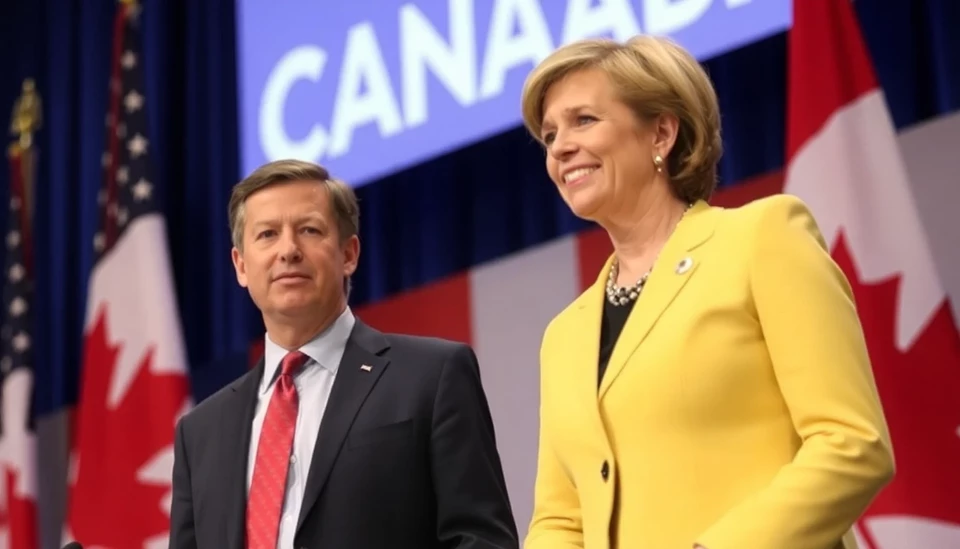
The Environmental Protection Agency (EPA) is entering uncharted waters as it sets its sights on reclaiming over $20 billion previously allocated in awards tied to climate legislation. This decision has ignited discussions across environmental, corporate, and political lines, bringing renewed scrutiny to the agency's role in the transition towards a greener economy.
At the heart of this significant financial recalibration lies the Biden administration's aggressive climate agenda, which was originally bolstered by expansive funding aimed at activating clean energy projects. However, the EPA has now flagged multiple grievances regarding how these funds have been utilized by some recipients, indicating a potential violation of criteria and conditions established during the funding allocations.
The agency has contended that certain projects claimed rewards despite not meeting the necessary benchmarks related to emissions reductions or sustainable practices. This contentious move illustrates the EPA's commitment to ensuring full compliance with the stringent standards expected of all parties that accept federal financial support aimed at combating climate change.
Critics, however, have raised serious concerns about the repercussions of this initiative. Detractors argue that clawing back these funds could hamper ongoing environmental projects, jeopardizing thousands of jobs and stalling progress toward achieving the ambitious climate goals set forth by the government. They fear that such a stance will not only create a chilling effect on future investments in clean technologies but also erode trust among stakeholders who have made commitments based on previous funding assurances.
Supporters of the EPA's action laud it as a necessary step to ensure accountability and integrity in climate action initiatives. They assert that the agency must hold recipients responsible for delivering on their promises, thereby maintaining a level playing field and ensuring taxpayer dollars are directed appropriately. This sentiment echoes the growing call for transparency and ethical conduct in the administration of public funds, especially in an era where climate change is an increasingly pressing global issue.
As the situation unfolds, the implications of the EPA's decision remain to be seen. Stakeholders from various sectors are keeping a watchful eye on how this will affect not only those directly involved in the projects but also the broader landscape of climate finance, policy implementation, and the overarching quest for sustainability.
In the coming weeks, the EPA is expected to provide additional guidance on how it plans to proceed with reclaiming these funds, alongside information regarding the appeals process for affected organizations. The agency's stance will undoubtedly play a pivotal role in shaping the future of climate initiatives across the nation.
As this story develops, it serves as a stark reminder of the intricate balance between fostering innovation in the fight against climate change and ensuring rigorous adherence to regulations designed to protect the environment.
#EPA #ClimateAwards #EnvironmentalProtection #CleanEnergy #ClimateAction #GreenEconomy #Sustainability #Accountability
Author: Peter Collins




